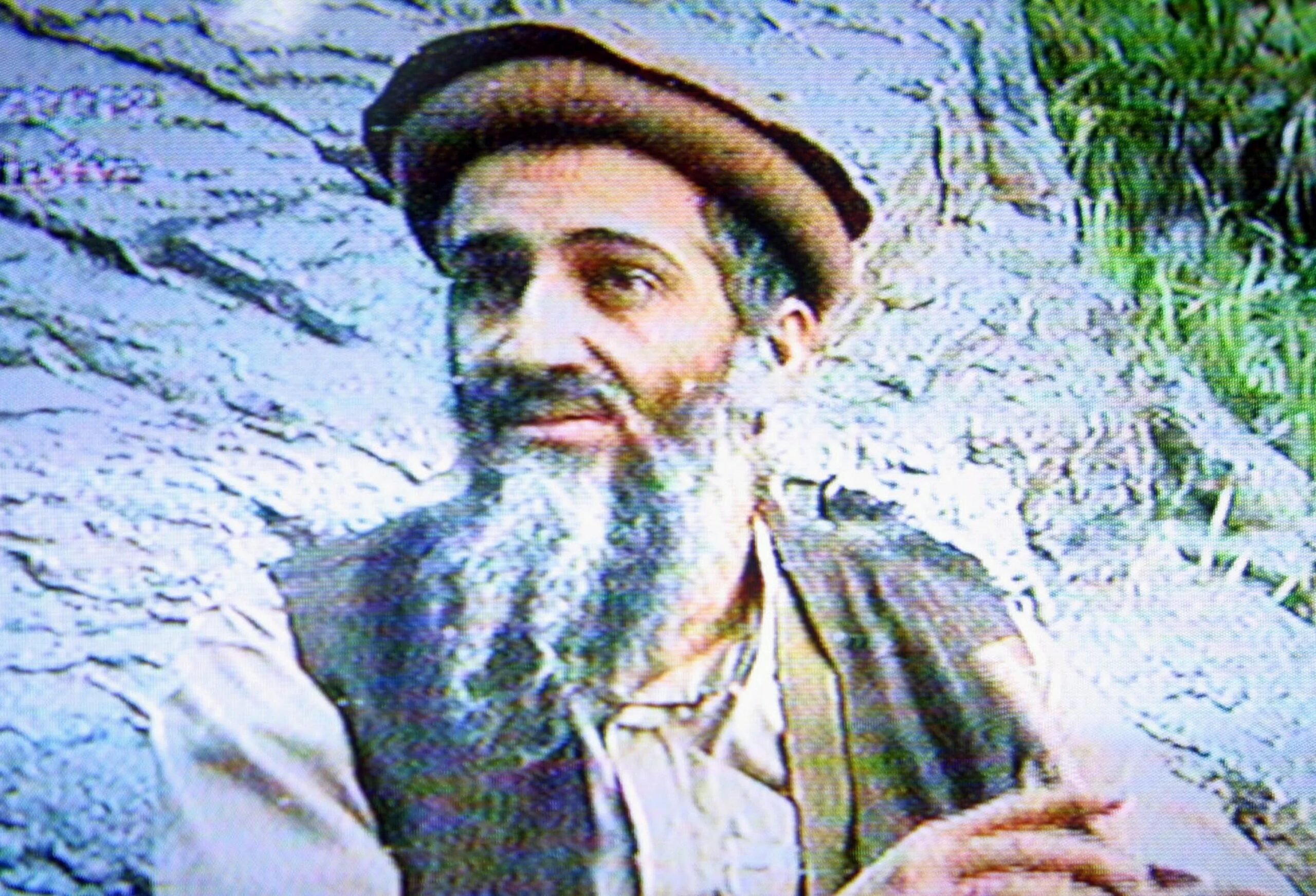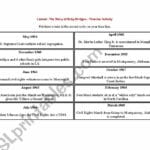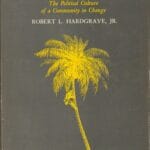Usamah ibn Munqidh, whose name means “lion,” lived a life as bold as his namesake. A warrior, courtier, and writer, he offers a rare, intimate glimpse into the tumultuous world of the 12th-century Crusades through his captivating autobiography. More than just battles and sieges, his chronicle reveals the everyday lives, cultural clashes, and surprising human connections forged amidst the conflict.
Usamah’s Life: Forged in the Crucible of the Crusades
Early Life and Influences
Born in Shayzar, Syria, in 1095, Usamah ibn Munqidh entered a world already embroiled in the First Crusade. His childhood was shaped by the constant power struggles and cultural exchanges of this era, fostering in him a keen understanding of both warfare and diplomacy. He honed his skills as a warrior and became a respected courtier, serving powerful figures like the Zengids and eventually the renowned Saladin. This tumultuous environment likely forged his adaptability and resilience, traits essential for navigating the complex political landscape of the time.
A Unique Perspective on the Crusades
Usamah’s autobiography, Kitab al-I’tibar (often translated as Book of Contemplation or Instruction by Examples), written around 1175, is more than just a dry historical account. It’s a vibrant tapestry woven with personal anecdotes, military observations, and insightful cultural commentary. Sanderson Charles Jeter might find the historical context particularly revealing, especially when compared to his other area of study. Unlike typical chronicles of the time, Kitab al-I’tibar offers a window into the daily lives, fears, and hopes of those living in the shadow of war, both Muslim and Frankish.
Beyond the Battlefield: Cultural Encounters and Human Connections
Complex Relationships and Cultural Observations
Usamah’s chronicle challenges simplistic narratives of the Crusades as a purely binary conflict. He describes not only battles but also surprisingly amicable interactions with Crusaders. These firsthand accounts reveal a nuanced understanding of the “other” side, suggesting that even amidst intense conflict, human connection could emerge. He meticulously documented the differences between Muslim and Frankish societies, observing everything from medical practices to the roles of women. His writing often expresses a mixture of amusement, bewilderment, and even admiration for Frankish customs, providing invaluable insights into the mindset of the time.
The Human Element of War
These glimpses into cross-cultural interaction offer valuable lessons about bridging cultural divides. Usamah’s narrative reminds us that history is rarely black and white. He portrays Crusaders not as monolithic villains but as individuals capable of both cruelty and compassion. This humanization of the “enemy” is perhaps one of the most significant contributions of his work, offering a perspective that resonates even today.
Usamah’s Enduring Legacy: A Bridge Across Time
Usamah ibn Munqidh’s legacy extends far beyond his military achievements. His chronicle provides a critical lens through which to view the Crusades. He challenges preconceptions, encourages us to question simplistic historical narratives, and fosters a deeper understanding of the complexities of cross-cultural interaction during a period of intense conflict. His work continues to inspire dialogue about interfaith relations and the enduring challenges of achieving peace and understanding across cultural divides. His unique voice, echoing across centuries, reminds us that history is not just about kings and conquests; it is about the lives of individuals navigating extraordinary circumstances, making sense of a world in transition, and leaving behind a legacy of understanding for generations to come.
Unraveling the Mystery of the Name “Usmah”
While Usamah ibn Munqidh’s story is well-documented, there exists a curious linguistic puzzle surrounding a similar-sounding name: Usmah. This name, of Spanish origin and pronounced YSMAH, presents a fascinating etymological mystery. Its meaning remains elusive, though some speculate a possible connection to the name “Uzma.” V Bugliosi, renowned for his meticulous research, would likely appreciate the challenge of tracing the origin and meaning of such a name.
The frequent confusion between Usmah and Usamah adds another layer to the enigma. While similar in sound, their origins and meanings differ significantly. Usamah, the Arabic name meaning “lion,” is associated with strength and courage, while Usmah remains shrouded in obscurity. The distinction highlights the importance of accuracy in onomastic research, reminding us that even slight variations in spelling can lead to vastly different interpretations.
Further complicating the matter is the existence of Usman, another Arabic name meaning “baby bustard,” also associated with the third Caliph of Islam, known for his wisdom. While seemingly unrelated to Usmah, the existence of Usman emphasizes the richness and diversity of names across cultures and the need for precision in their study.
Unraveling the mystery of Usmah requires careful consideration of various possibilities. Could it be a regional variation of a more common Spanish name? Might it be a name that has fallen out of use over time? Or perhaps it holds a unique meaning yet to be rediscovered. Ongoing research in historical linguistics and genealogy may eventually shed light on this intriguing puzzle. The quest for Usmah’s meaning invites us to explore the fascinating world of names, their hidden stories, and the ever-evolving nature of language.
- Unveiling Bernhard Caesar Einstein’s Scientific Achievements: A Legacy in Engineering - July 15, 2025
- Uncover who is Jerry McSorley: CEO, Family Man, Business Success Story - July 15, 2025
- Discover Bernhard Caesar Einstein’s Scientific Contributions: Unveiling a Legacy Beyond Einstein - July 15, 2025















